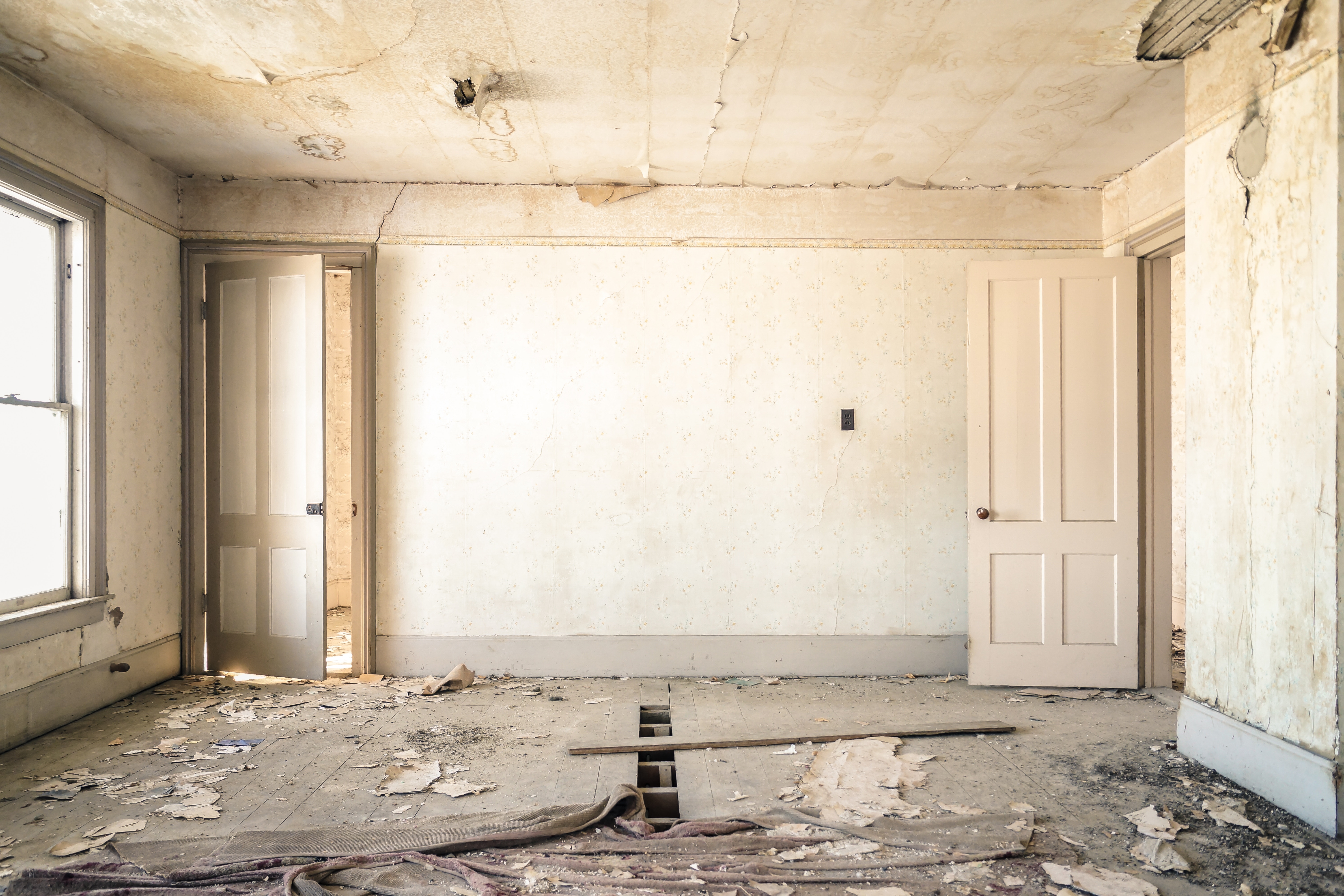Unless you’ve been living under a rock you’ve heard of the term “flipper”. There’s a lot of excitement around the idea of being a home flipper these days. In fact, you’ve likely heard people talk about buying a fixer-upper house, with the intent of selling it for profit once the rehab is complete. Maybe you’ve even shared in that dream!
There’s an entire media industry dedicated to home flipping, complete with tv shows, magazines, books, brick and mortar stores – even “lifestyle brands.” House-flipping, you see, is a big business in many ways.
If you ARE interested in becoming a house flipper, but new to the game and not sure where to start, there are a few key things you’ve got to keep in mind. It’s important to go into any new business endeavor, especially one that demands such a large amount of money to start out, with an eye out for trouble that might pop up from time to time.
We’d like to share the three pitfalls to avoid, ensuring your flipping experience is as successful as possible.
Not having a contingency in your budget
Overspending is a major pitfall for new flippers. Things happen unexpectedly, especially with inexperienced flippers. Like the old saying goes: always expect the unexpected.
No matter how well you plan, things can go wrong – especially if you don’t have a lot of experience. To be successful in your new real estate venture you’ve got to prepare as best you can.
This means having a contingency in your budget.
It’s common to add an additional 10% into your rehab budget, or 5% into your new build budget, to safeguard yourself against any possible contingencies.
If your budget won’t work with a little fluctuation, then it’s probably not the right project for you.
Planning to self-perform most of the work
Unless you have a decent amount of experience doing this kind of work, it’s highly unlikely that the quality of the work you do will be the same as the professionals.
If you mess up the work and end up calling in the pros, you’ve lost time and money. Chances are, if this happens you’ll go over budget. Then you’ve lost money and must figure out a way to get more funds.
This means the project will take longer which also costs you both time and money.
A longer project means that you’ll be paying interest longer (which costs you more) and that you’ll be further away from your payday on this project, as well as payday all future projects.
Not understanding your own comps
Not sure what this means? The term “comps” stands for “comparables,” as in the comparable sales of an area. This means looking at recent sales in the area you’re planning to buy in, to make sure you don’t overpay for your property. This is best done through your local MLS database.
This is important information which helps you not only determine your budget for buying a flipper property but also gives you insight into how much these rehabbed properties are selling for in the area. You can then tailor the type of renovations to better suit the market you’ll be selling it in. This is how you determine your valuation. It is very important.
There are so many factors that affect homes: if it’s backing major intersections, in a floodplain, built in a different year than surrounding homes, etc.
“Pulling your own comps” simply means that YOU do this research – you aren’t relying on a real estate agent or seller to provide you with this information. If you don’t pull your own comps, make sure the research is being done by someone you trust implicitly – like a business partner.
If you rely on someone else to pull your comps, someone you don’t know well and trust, you put your profit at risk. It’s highly recommended that you do this research yourself.
At the end of the day, it really does pay to be as prepared as possible. You can’t plan for everything, but can prepare for unexpected expenses, hire qualified professionals, and be informed about the area in which you’re flipping.
As always, if you have any questions about this or other areas of house flipping please don’t hesitate to reach out! We’re happy to help.
